New Jersey Democrat hospitalized but stable after 'emergency medical event'
Rep. Donald Norcross (D-N.J.) was hospitalized but stable after an “emergency medical event,” according to a Monday press release from his office. “Congressman Donald Norcross was traveling over the weekend and suffered an emergency medical event likely related to his gallbladder,” the statement in the Monday...
Read moreCourt upholds 45-year murder conviction in Merrillville gun sale slaying
The Indiana Court of Appeals rejected a bid Monday for a new trial for a teen who killed a buyer...
Trump holds firm on tariffs as White House looks for ways to calm nervous allies
Donald Trump sees an opportunity to “change the fabric” of the United States with his sprawling plan to institute new...
Actor John Stamos Gets Carrie Underwood Treatment After Ditching Kamala Harris to Attend Trump’s Mar-a-Lago Event
“Full House” star John Stamos has been added to the list of celebrities accused of aligning with Donald Trump after...
California among states suing Trump administration over order to dismantle library agency
California Attorney General Rob Bonta on Friday joined a coalition of 21 attorneys general in filing a lawsuit against the...







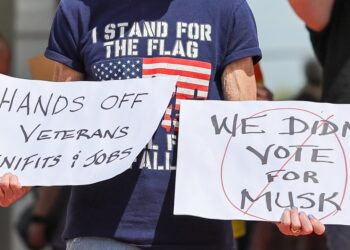


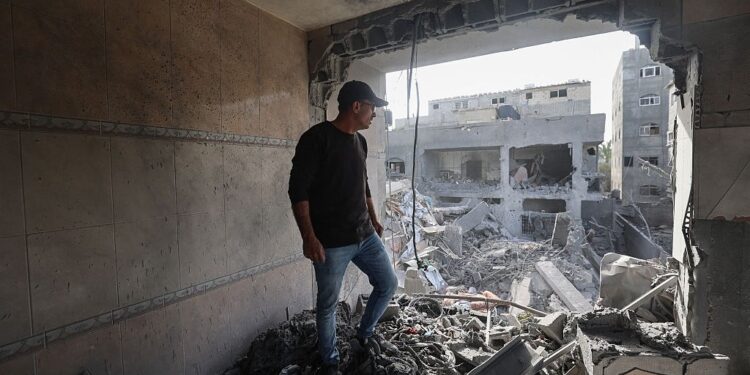

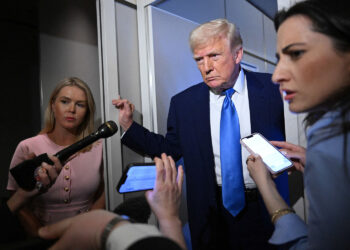
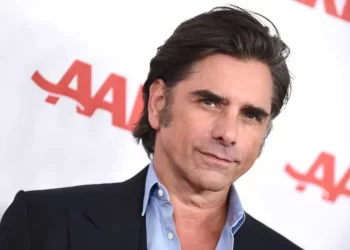

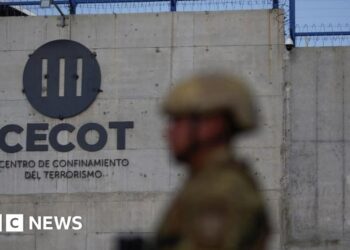










 Al Jazeera English | Live
Al Jazeera English | Live






















